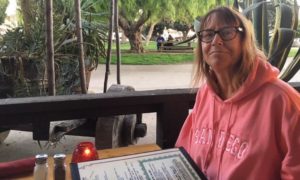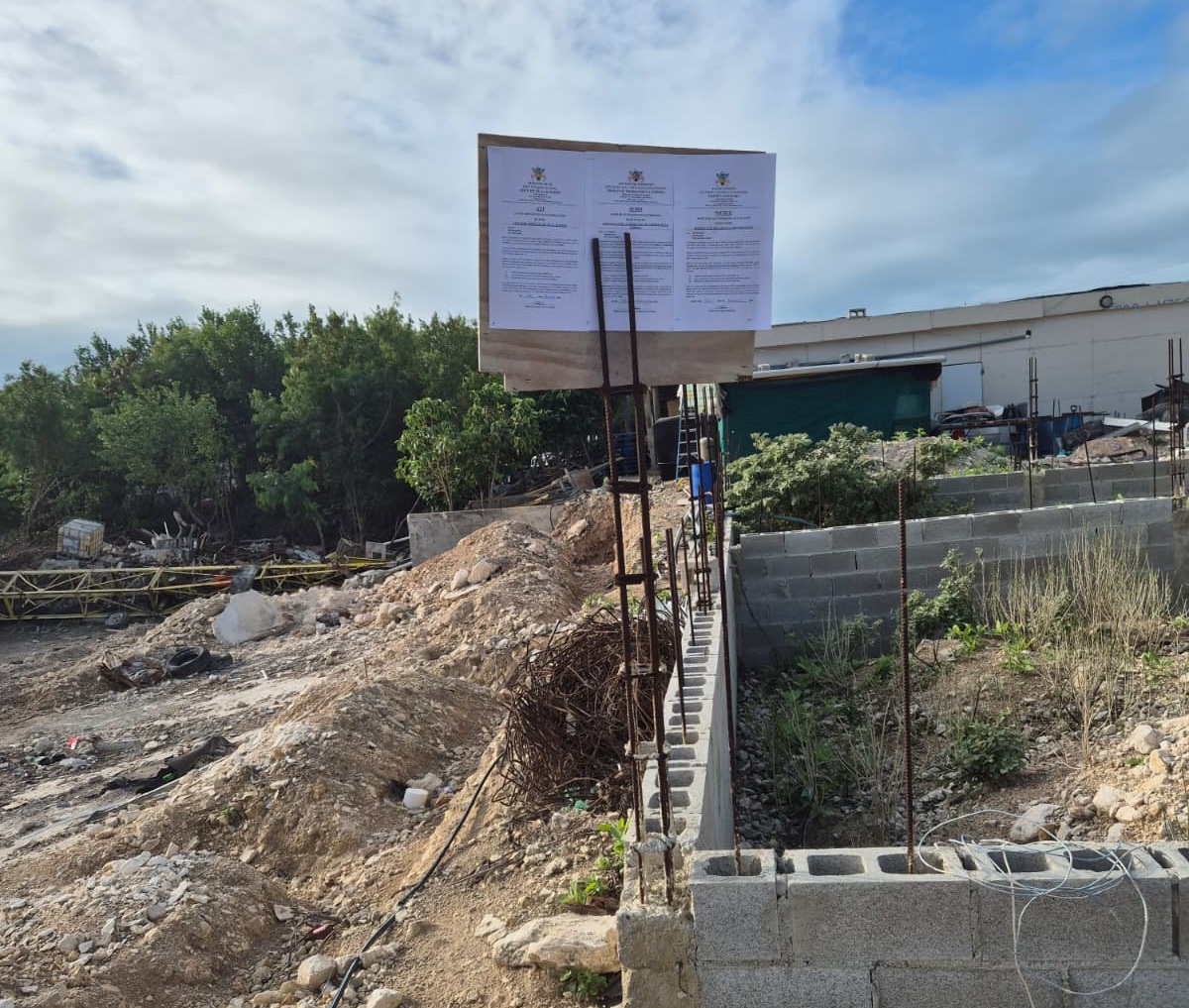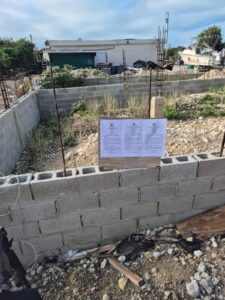#TurksandCaicos, June 15, 2022 – “At the outset, the people of the Turks and Caicos Islands were shocked and saddened that Mrs. Kuhnla, a wife, mother and attorney for vulnerable people came here for her holidays but did not return home. The Jury at her Inquest have returned a verdict of homicide by manual strangulation. This Inquest spanned seven days of evidence and the Jury deliberated for more than seven hours, over two days and everyone involved in this case, Mrs. Kuhnla’s loved ones, and the general public owe them a great debt for their service and dedication to their task.
“Unfortunately, there has been much inaccuracy and untrue sensationalism reported in the media, particularly in other jurisdictions in regards to this inquest. It would not have been appropriate for public officials, like His Excellency, Governor Nigel Dakin, the Honourable Attorney General, Rhondalee Braithwaite-Knowles QC and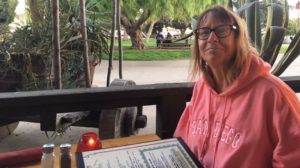 myself to comment on the many erroneous and misleading facts published in the international press while the matter was before HM Coroner Jolyon Hatmin and the Jury, who were tasked to return a verdict on how Mrs. Kuhnla passed.
myself to comment on the many erroneous and misleading facts published in the international press while the matter was before HM Coroner Jolyon Hatmin and the Jury, who were tasked to return a verdict on how Mrs. Kuhnla passed.
In the Turks and Caicos Islands, as in the United Kingdom, commenting on proceedings that are before the Court is not permitted as it can prejudice those proceedings. However, it is now fair to comment, as those proceedings are at an end and it is appropriate to do so.
“One inaccuracy repeatedly reported is that this inquest is a “review” of a previous finding. That is simply not the case. This is the first and only inquest into the death of Mrs. Kuhnla. After the Ministry of Health Pathologist, Dr. Michael Robert Steckbauer determined that the cause of death was “manual strangulation” on the 25th of October 2018, a murder investigation was immediately launched by senior members of the R&TCIPF. In the Turks and Caicos Islands, as in the United Kingdom, it is customary and best practice for an inquest to be held either at the conclusion of a murder investigation, or where an investigation has exhausted all the avenues of inquiry or any related criminal court proceedings have concluded. Otherwise, any police investigation or a fair criminal trial is in danger of being compromised by a premature inquest, thereby potentially denying justice for the deceased and their loved ones. In the wake of the gradual lifting of restrictions surrounding protective measures to combat the impacts of the COVID-19 pandemic, jury trials resumed in earnest in the Turks and Caicos Islands in March this year and this inquest was scheduled almost immediately thereafter.
“The Royal Turks and Caicos Islands Police Force have always maintained an open mind as to the circumstances of the passing of Mrs. Kuhnla and given the views of the pathologist, a murder investigation was initiated and pursued with vigor.
Forensic analysis of evidence was sought and biological samples, were analyzed by an independent American forensic analysis laboratory. Statements were taken from tens of potential witnesses, the US Federal Bureau of Investigation were used as a liaison and cross jurisdiction Mutual Legal Assistance Treaty provisions were utilized to assist in the investigation, two sets of interviews were conducted in the United States with potential witnesses and officers travelled to the US to communicate with the family of Mrs. Kuhnla.
“The Jury heard evidence that Mrs. Kuhnla arrived in the Turks and Caicos Islands on 10th of October, 2018 with her friends for a week-long holiday in a local resort. Immediately, her friends were concerned that another guest had attached himself to her and was plying her with large amounts of alcohol.
Evidence suggests that this man was a nuisance, her friends did not like this man and one accused him of indecent assault as he had touched her posterior in the resort pool. The same friend gave evidence that she had never seen Mrs. Kuhnla intoxicated before this holiday and was surprised that she was uncharacteristically inebriated at times, this was corroborated by other guests.
“The Coroner and Jury further heard evidence that Mrs. Kuhnla was not usually a drinker as she suffered from a seizure disorder and other medical conditions. Indeed, her toxicology analysis post mortem revealed that were prescription drugs in her blood prescribed for that seizure disorder, bi-polar disorder, depression and insomnia. The Inquest heard evidence from her friends that she had suffered a number of falls during her holiday that they had once again attributed to her uncharacteristic drinking. One of her friends remarked to the RTCIPF that she had bruising on her leg the last day she had seen her on the 14th of October, 2018. Another guest who met Mrs. Kuhnla close on his arrival at 2:30 pm, again on the 14th of October, 2018 gave evidence that she was “very slurred in her speech ‘and it was “indiscernible” what she was trying to say.
“The Coroner and Jury heard that her friends last saw Mrs. Kuhnla on the evening of the 14th of October, 2018 at around 7 pm. On the 15th of October, by the afternoon, her friends became very concerned that they had not seen her since the night before. They began to search the resort as they feared that she was unconscious on the property due to her seizure disorder and the fact that she had been, again unusually for her, drinking heavily. The RT&CIPF were alerted and arrived at about 7 pm that evening due to those concerns, they examined her room and the room of the acquaintance so disliked by her friends, but nothing was out of place and they left. She had been missing less than 24 hours at that time. Early on the 16th of October, 2018, one of Mrs. Kuhnla’ s travel companions and a fellow guest discovered her body in the bush near the resort’s soccer pitch.
“As Dr. Steckbauer reported, she was found in bush with her face in a downward position, with debris in her mouth, upper airway, her clothing was askew, and the back of her blouse/beach wrap torn. He conducted the autopsy on the 19th of October, but as he attested, he was unable to ascertain all of the elements that could be associated with manual strangulation as the body was more decomposed than would have provided for an optimum autopsy. In his report dated the 28th of October, 2018, Dr. Steckbauer concluded that due to hemorrhaging of the strap muscles, dirt and debris in the mouth, bruises on the legs, abrasions of the legs and arms, a fractured rib, the manner in which she was found, her torn clothing and the crime scene photos, that Mrs. Kuhnla had died by manual strangulation.
“During the course of the inquest, he did concede that he did not have knowledge of her seizure disorder, the medications found in her toxicology, her uncharacteristic drinking and her falls earlier in the week when he came to that conclusion however, when questioned he asserted that now knowing these factors, none of them would change his finding.
“This statement cannot deal with all the inaccuracies and unsubstantiated comments made in relation to the sensationalist reporting of these proceedings, it could fill pages and pages. The people of the Turks and Caicos Islands do not deserve the slant quite bluntly stated in the reporting of this matter. It has been alleged in the American media that the justice system of in these Islands would conspire with a tourist resort to cover up the alleged sexual assault and murder of an innocent woman to prevent adverse publicity. This is as preposterous as it is insulting and offensive.
Islands do not deserve the slant quite bluntly stated in the reporting of this matter. It has been alleged in the American media that the justice system of in these Islands would conspire with a tourist resort to cover up the alleged sexual assault and murder of an innocent woman to prevent adverse publicity. This is as preposterous as it is insulting and offensive.
The motivation for such a contention may be considered in future proceedings and will not be commented on here, all that will be said for now is that this Coroner and Jury have demonstrated through their hard work, attention and consideration in hearing this Inquest and reaching their verdict, that prejudicial innuendo cannot replace facts.
“Mrs. Khulna’s death was investigated by an experienced detective, Assistant Superintendent Williams, a senior officer in CID in the RT&CIPF of some 27 years’ experience. The role of the investigator is a ‘search for the truth and this is achieved by maintaining an open mind as to the circumstances of a person’s death and how they came about their passing. It was for this reason that ASP Williams offered potential alternatives as to how Mrs. Kuhnla met her death band these were explored during the Inquest for the jury to consider. At the conclusion of the inquest, they decided that Mrs. Kuhnla was unlawfully killed and that judgement is accepted by the RTCIPF.
“Whilst no one has been charged in connection with the death of Mrs. Kuhnla, no investigation is ever closed and if any further lines of enquiry are identified, then they will be followed up vigorously. As a matter of course, we will consider if any new information has come about as result of the inquest.
“The last three and half years must have been very difficult for the family of Mrs. Kuhnla and I am certain the last week during which time the Coronal inquest was held would have been hard to bare for the family and friends of Mrs. Kuhnla.
“As with any legal process, we must not forget the human side of this tragedy and I speak on behalf of the TCIG Government, the RTCIPF and the entire Turks and Caicos Islands when I pass on our deepest condolences to the family and friends of Mrs. Kuhnla.
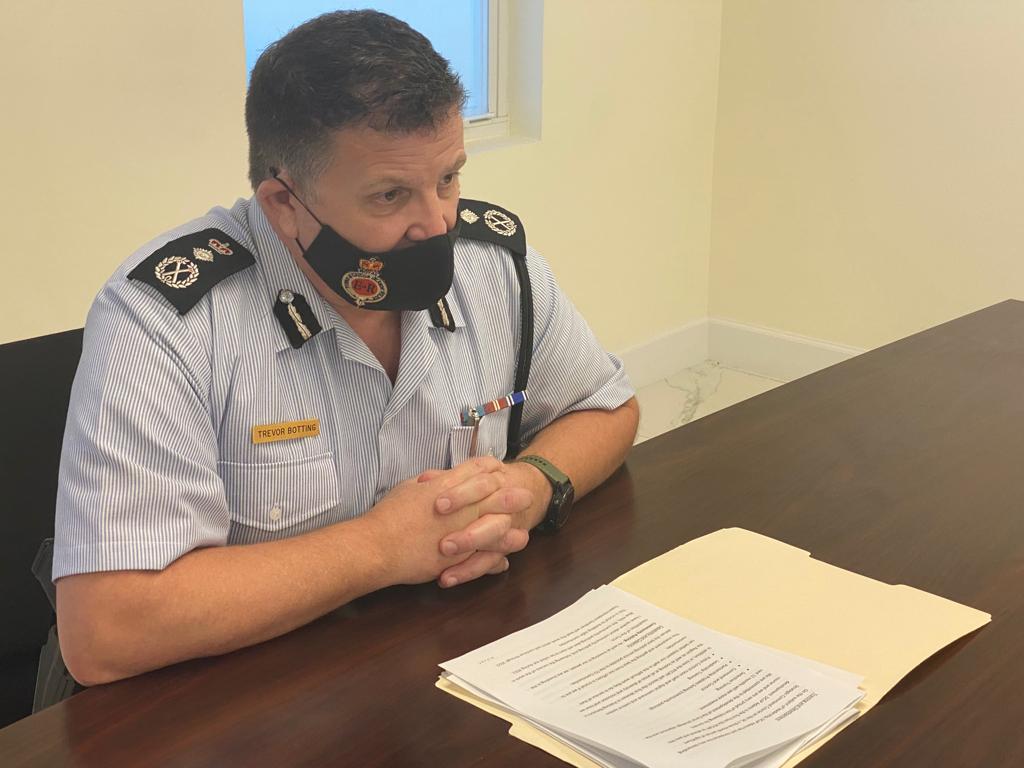

 Bahamas News1 week ago
Bahamas News1 week ago
 Health1 week ago
Health1 week ago
 News5 days ago
News5 days ago
 Caribbean News1 day ago
Caribbean News1 day ago








